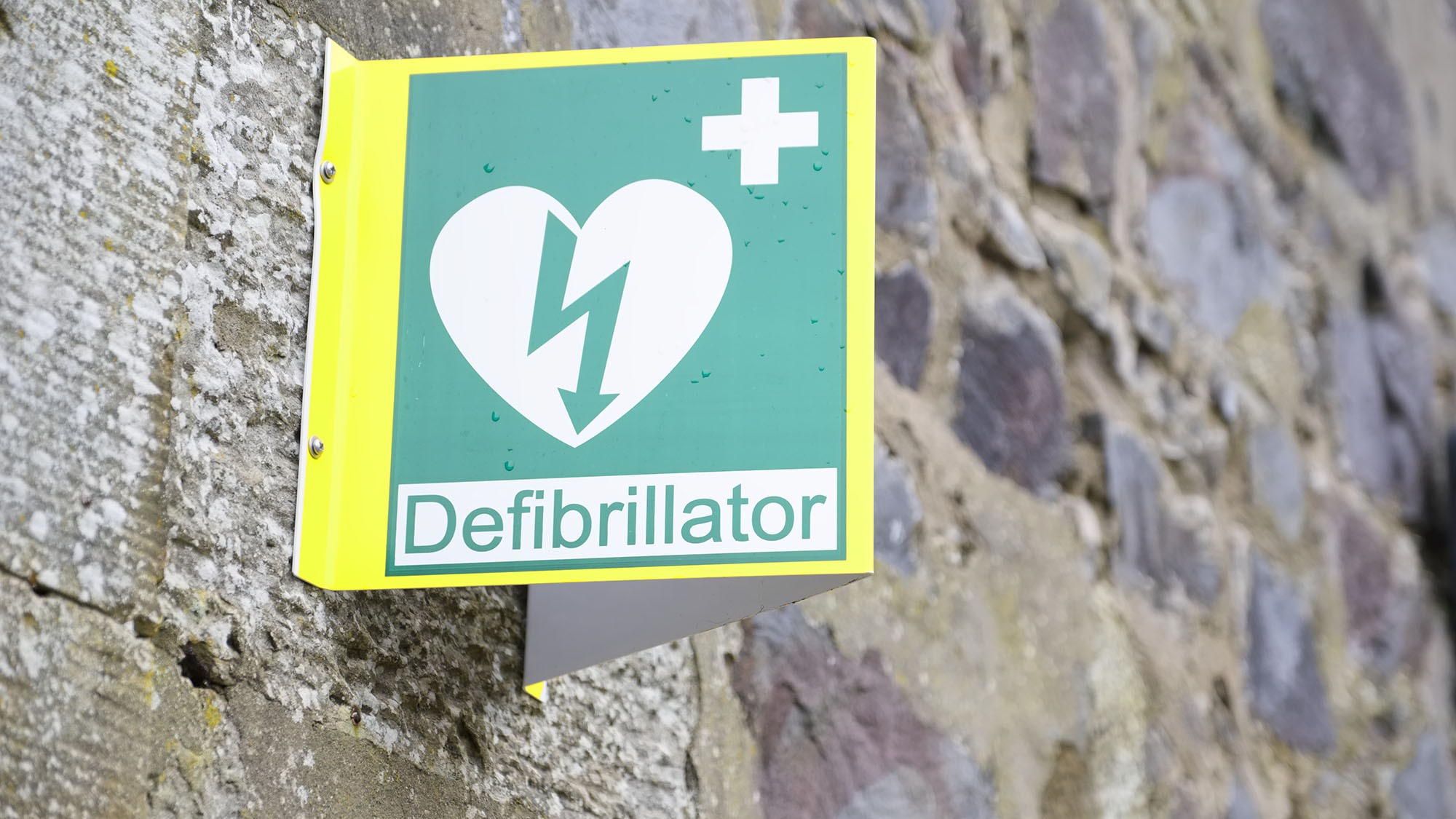SUEZ recycling and recovery UK rolls out life-saving defibrillators to sites nationwide
Employee safety and wellbeing is at the heart of how SUEZ operates as a business, and the company recognises the need and value of continuous improvement. As part of its commitment to social value and safeguarding its employees and others, the business has expanded its network of defibrillators to cover all 320 sites.
Implementing the additional life-saving units supplements the circa 70 existing on-site across the SUEZ network. The nationwide rollout followed a risk-based approach across all SUEZ sites, looking at the type of work, demographic and footfall.
Automatic external defibrillators (AED) are now sited, with one accessible for all operational sites and available to the public. The units are registered with the Circuit Network in conjunction with St John’s Ambulance so that anyone in an emergency can access them. The national defibrillator network provides the NHS ambulance services with vital information about defibrillators across the UK so that in those crucial moments after a cardiac arrest, they can be accessed quickly to help save lives.
As part of this, SUEZ has committed to always dispatch a suitably trained member of its team to support any person using a defibrillator, whether a colleague or a member of the public. A training video was produced to support the rollout and has been seen by circa 300 SUEZ employees. The video instructs viewers how to use the defibrillator alongside crucial reminders such as checking for responsiveness and placing someone into a recovery position.
Early recognition of cardiac arrest and using an AED can increase the survival rate from less than 10% to more than 50%.
Paul Marsden, Director of Health and Safety at SUEZ recycling and recovery UK, commented: “Investing in expanding our defibrillator network has provided significant improvements and created a safer environment for our employees, customers, and visitors whilst also performing a public service. It was essential for us to expand our network of defibrillators so that more are readily accessible not just by our employees, but also by members of the public in the event of an emergency. The units provide quick response, easy maintenance, improved survival rates, and can reduce the risk of long-term complications. These vital pieces of kit could help save lives in the future.”
